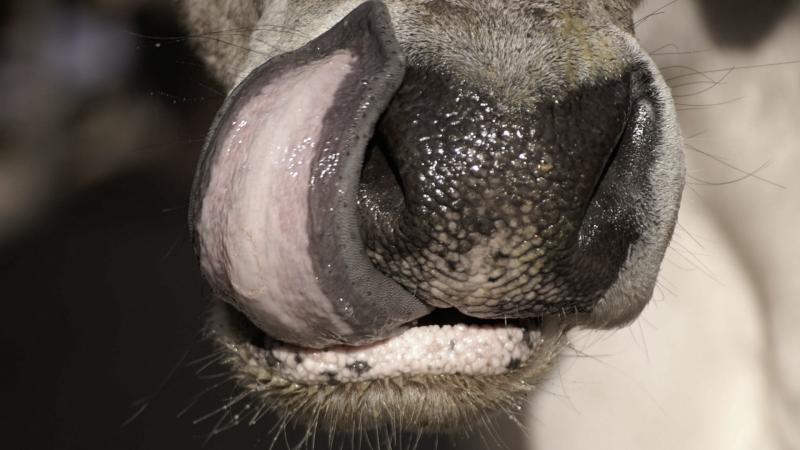×
The Standard e-Paper
Stay Informed, Even Offline

Dear daktari, I am an ardent reader of Smart Harvest. Recently, I read in the papers that livestock in my region were at risk of getting infected with a killer disease called Blue Tongue. To be sincere, I have never heard of this disease! We have been sensitised against Rift Valley Fever and I have always gotten my cattle vaccinated against the disease. Kindly tell me more about Blue Tongue disease and how I can prevent it. Kosgei, Nakuru County]
Dear Kosgei